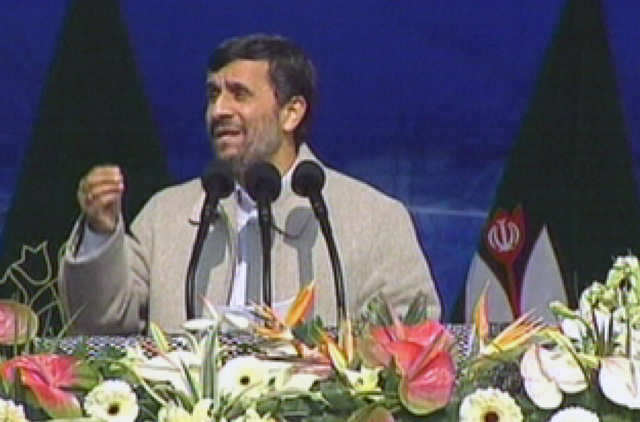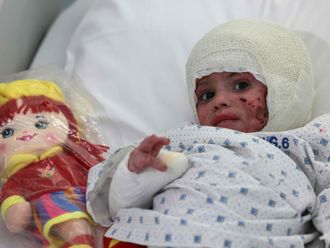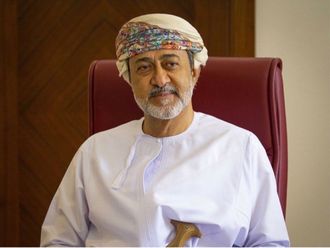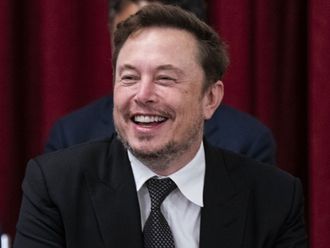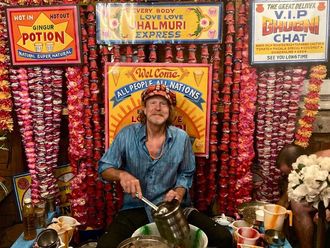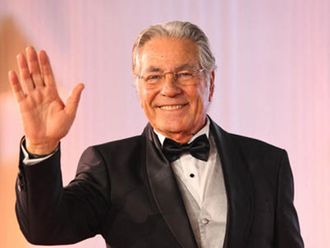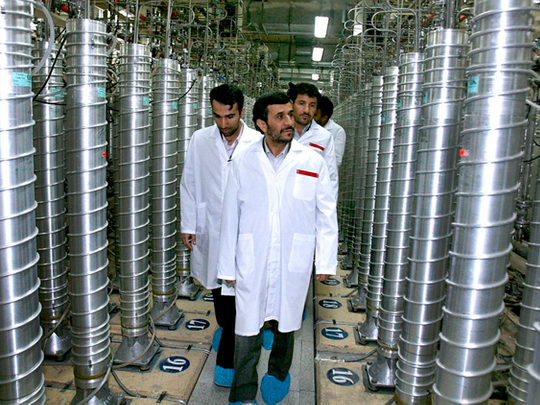
Tehran: Iranian President Mahmoud Ahmadinejad announced on Thursday that the Islamic republic has produced its first package of highly enriched uranium just two days after beginning the process.
Mahmoud Ahmadinejad on Thursday told hundreds of thousands of cheering Iranians on the anniversary of the foundation of the Islamic republic that the country was now a "nuclear state."
"The first package of 20 per cent fuel was produced and provided to the scientists," he said, referring to the recently begun process of enriching Iran's uranium stockpile to higher levels.
Enriching uranium produces fuel for a nuclear power plants but can also be used to create material for atomic weapons.
Iran announced on Tuesday it was beginning the process of enriching its uranium stockpile to a higher level.
The international community has warned Iran against further enrichment activities, threatening new UN sanctions.
Tehran has said it wants to further enrich the uranium, which is still substantially below the 90 percent plus level used in the fissile core of nuclear warheads. as a part of a plan to fuel its research reactor that provides medical isotopes to hundreds of thousands of Iranians undergoing cancer treatment.
But the West says Tehran is not capable of turning the material into the fuel rods needed by the reactor. Instead it fears that Iran wants to enrich the uranium to make nuclear weapons.
Ahmadinejad reiterated Iran's position that it was not seeking to build nuclear weapons.
"When we say we do not manufacture the bomb, we mean it, and we do not believe in manufacturing a bomb," he told the crowd. "If we wanted to manufacture a bomb we would announce it."
Western powers blame Iran for rejecting an internationally endorsed plan to export its enriched uranium and have it enriched further and returned to the country in the form of fuel rods for the Tehran reactor ,and in broader terms for turning down other overtures meant to diminish concerns about its nuclear agenda.
Iran, in turn, asserts it had no choice but to start enriching to higher levels because its suggested changes to the international plan were rejected.


